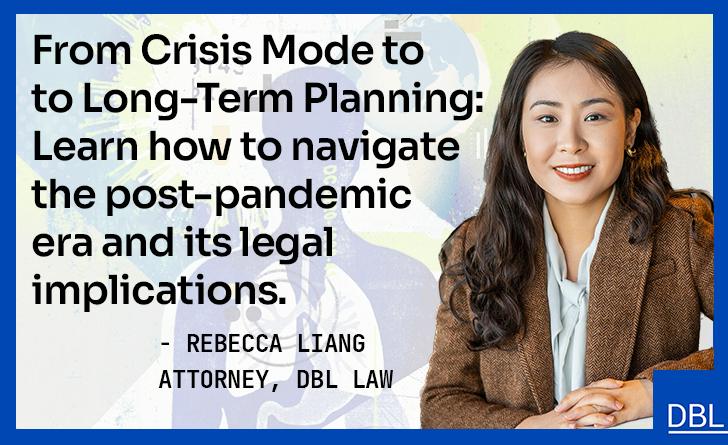
The Department of Health and Human Services will end the Covid-19 Public Health Emergency (PHE) on May 11, 2023. While the end of the pandemic is doubtlessly a relief for healthcare workers to return to a sense of normalcy, the end of the emergency declarations brings notable legal implications for providers to navigate in the post-pandemic era. Certain PHE programs and waivers will no longer be in effect, while others will continue to remain in place.
For hospitals, the end of PHE in May will result in the termination of flexibilities such as the use of temporary expansion sites, provider-based departments in non-hospital settings, and EMTALA waivers for Covid-19 testing. There are also PHE-specific policies that will come to an end on December 31, 2023, including enhanced federal funding to state Medicaid programs, reimbursement for telehealth-based cardiac and pulmonary rehabilitation services, and permission for physicians and non-physician practitioners to supervise diagnostic services virtually. Liability immunity for Covid-19 countermeasures will end on Oct. 1, 2024, and certain telehealth flexibilities will be extended through Dec. 31, 2024. However, hospitals will need to continue to monitor and report Covid-19 cases until April 30, 2024.
For nursing home operators, many relaxed staffing and training and certification rules for nurse aides will be restored to pre-Covid standards. Nurse aides will have four months following the end of the emergency to meet their training and certification requirements to continue working in nursing homes, and a bill has been proposed to allow temporary nurse aides to apply the time they worked during the emergency towards the 75-hour federal training requirement. In addition, the waiver for pre-admission screening requirements for nursing home residents will also expire, and nursing homes are advised to reach out to referral sources and coordinate with state agencies to avoid potential backlogs in completing evaluations for new residents. Further, nursing homes are required to continue reporting Covid-19 cases and to notify families of residents of the Covid-19 status within the facility until the end of 2024.
For telehealth providers who experienced significant demand during the pandemic, certain Medicare waivers on telehealth services are extended until the end of 2024. These waivers permit beneficiaries to receive telehealth services from non-rural areas, reimburse telehealth service provided at patients’ homes, expand the list of covered services, and allow an expanded list of authorized telehealth providers. CMS has also removed frequency limitations on certain furnished services and permitted practitioners to report their home address on their Medicare enrollment. However, some virtual “Direct Supervision” flexibilities will be discontinued on December 31, 2023.
Lastly, for individual practitioners and Medicaid beneficiaries, the lifting of the Medicaid continuous coverage protection during the PHE may result in the loss of or disruption in coverage for millions of individuals, as states begin conducting renewals of Medicaid eligibility and disenrolling those who are no longer eligible. In Kentucky, some affected beneficiaries will be able to switch to Medicare coverage after re-evaluation, while others may have to consider alternative options such as switching to insurance plans through the private marketplace.
If you are looking for legal guidance or support during the transition phase, healthcare attorneys at DBL Law can assist you and walk you through the process.